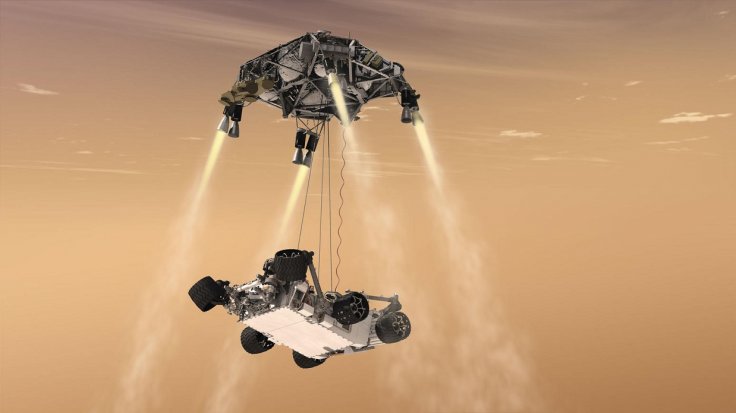NASA has confirmed that its new rover for the Mars 2020 mission will reach the Red Planet in exactly a year from now. As noted by the agency, the main objective of the rover mission is to uncover traces of life on the alien planet.
The upcoming Mars mission is part of NASA's Artemis spaceflight program. The lessons that NASA will learn from this mission will help in the development of the agency's future human expedition on the Red Planet.

Launch Of Mars 2020 Mission
NASA's Jet Propulsion Laboratory made the confirmation regarding the mission's timeline through an update on Twitter. As noted by the agency, the Mars 2020 mission is scheduled to officially launch on July 17. Then, for about eight months, the vehicle carrying NASA's new rover will travel across space to reach Mars.
According to NASA, the lander is expected to deploy the rover on the Red Planet on Feb. 18, 2021. The agency explained that the launch period of the mission was specifically selected because during this time, Earth and Mars will be relatively closer to each other.
"The mission is timed for a launch opportunity in July 2020 when Earth and Mars are in good positions relative to each other for landing on Mars," NASA revealed in a statement. "That is, it takes less power to travel to Mars at this time, compared to other times when Earth and Mars are in different positions in their orbits."
Mission Objective Of Mars 2020 Rover
Like its predecessor Curiosity, NASA's new rover will roam around Mars to explore its surroundings. One of its primary objectives is to collect samples from key locations such as the Jezero Crater. Once the samples have been collected, the rover will store this in a secure location where it can be retrieved by another mission that's expected to launch in the future. After successfully retrieving the samples, scientists are hoping to study analyze them to see if they hold traces of alien microbial life.
"What [these microbes] leave behind in the rock record are very thin layers, but with concentrations of particular elements or organics at those repeated intervals that represent the ancient fossilized microbial mat," Katie Stack Morgan, the deputy project scientist for the Mars 2020 mission told BBC. "So as those mats grow, they basically form the rock."









